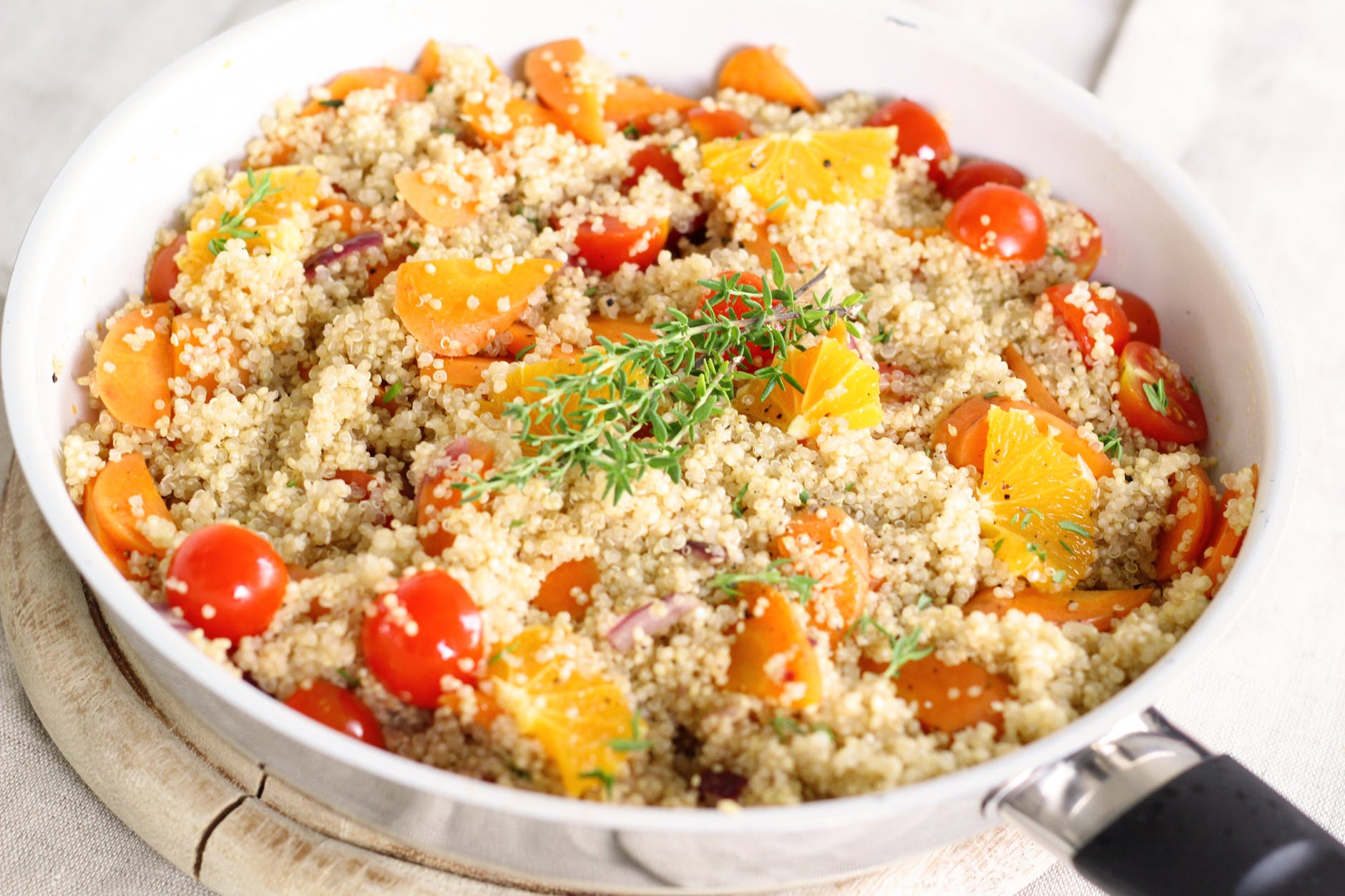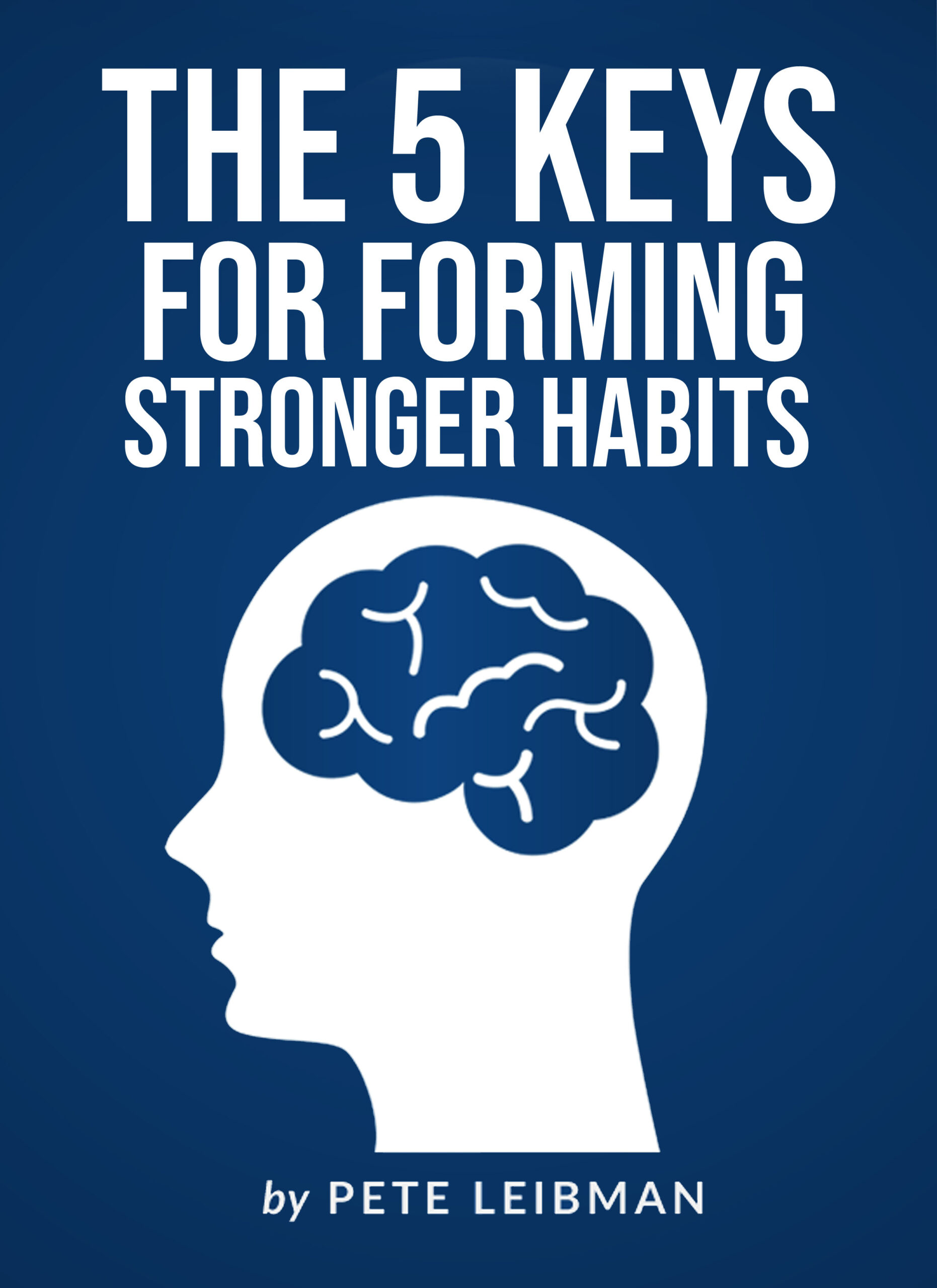
You need not be a vegan in order to include plant-based protein sources in your diet. Everyone can benefit from getting some of their protein from plant-based sources.
In this article, you will learn 7 excellent sources of plant-based protein. Some are sure to surprise you. Let’s first discuss why protein is important and how much you really need though.
Why is protein important, and how much do you really need?
Adequate protein intake is essential for your body to function properly. Protein aids in muscle growth and repair, and it supports strong immune function. It also contributes to a healthy metabolism and helps to control body fat.
How much protein you need depends on several factors, including your size and your activity level. The basic recommendation for protein intake is 0.8 grams per kilogram of body weight (about 0.36 grams per pound). This is equivalent to about 70 grams of protein a day for someone who weighs 200 pounds.
However, this guideline is not optimal. It is merely the minimum required to prevent protein deficiency. Consuming more protein (up to a point) provides many benefits, both for those who want to improve their body composition and for those who are very active.
Many athletes and bodybuilders aim for 1 gram of protein each day for each pound of body weight. That would be 200 grams of protein each day for a 200-pound man. While your activity level might not merit quite that much, chances are that you are not consuming enough quality protein. Let’s look next at some of the best sources of plant-based protein.
Top sources of plant-based protein
The following foods are excellent sources of plant-based protein. Each of these also provides many other vitamins and minerals:
1. Quinoa
This gluten-free pseudo-grain contains more protein and better protein per serving than any grain. Use it as a grain substitute and enjoy hot or cold (after cooking). It is a complete protein source and provides all essential amino acids, unlike most grains and plant-based foods. Per serving, it contains about 7-8 grams of protein, 3-4 grams of fat, and 30-40 grams of carbohydrates.
2. Fermented soy products (i.e. natto and tempeh, but not tofu)
The majority of the soy products in the U.S. (including most tofu products) are unfermented and genetically modified. Such foods have been linked to cognitive decline, digestive problems, and various cancers and diseases.
According to Dr. Josh Axe, creator of the world’s #1 natural health web site, there are healthier soy-based alternatives to tofu. Two examples are natto and tempeh, both of which are made from fermented soybeans. The fermentation process changes the chemical structure of the food, makes it better for you, and also improves nutrient absorption. Per serving, natto and tempeh contain about 15-20 grams of protein, 10-15 grams of fat, and 10-15 grams of carbs.
3. Seeds
Hemp seeds and pumpkin seeds are the two groups of seeds with the highest protein content. You can blend them into smoothies, include them in a homemade trail mix, or sprinkle them onto salads or other foods. Per serving, they contain about 8-12 grams of protein, 10-15 grams of fat, and 2-4 grams of carbohydrates.
4. Legumes
This category includes chickpeas (also known as garbanzo beans), lentils, split peas, black-eyed peas, and various kinds of beans, including black beans, kidney beans, lima beans, and pinto beans. Per serving, legumes generally contain 8-12 grams of protein, 20-30 grams of carbohydrates, and zero grams of fat.
5. Nuts and nut butters
Peanuts and almonds are the two groups of nuts with the highest protein content per serving. (Note: While peanuts are technically a legume and not a nut, I’ll include them here.) Enjoy nuts as a stand-alone snack, or include them in a homemade trail mix. Spread nut butter onto fresh fruit or vegetables or blend it into smoothies. Per serving, nuts and nut butters contain about 6-8 grams of protein, 14-18 grams of fat, and 6-8 grams of carbohydrates.
6. Peas
This vegetable usually contains at least 2-3 times as much protein per serving as other vegetables. It also contains more carbohydrates than most vegetables, however. Per serving, peas contain about 6-8 grams of protein, less than a gram of fat, and about 25 grams of carbohydrates.
7. Plant-based protein powder
Quality supplements can also be a convenient source of plant-based protein. When purchasing protein powder, choose products that contain natural ingredients. As for plant-based options, select those that are sourced from pea protein or hemp protein. Powders from rice protein or soy protein often contain genetically modified ingredients. Nutritional information varies by product, although most plant-based protein powders contain about 20 grams of protein per serving.
Summary and final thoughts
Adequate protein intake supports muscle growth and repair and leads to better immune function and body composition. Whether you follow a strict vegan or plant-based diet or simply want to consume more foods that are free of animal products, here are 7 excellent sources of plant-based protein:
- Quinoa
- Fermented soy products, such as natto and tempeh (not tofu)
- Seeds, especially hemp seeds and pumpkin seeds
- Legumes, including chickpeas, lentils, split peas, black-eyed peas, and beans
- Nuts and nut butters, especially peanuts, almonds, and peanut or almond butter
- Peas
- Plant-based protein powder- made from pea protein or hemp protein
P.S. If you enjoyed this article, you can share it by clicking a social media icon on this page.

Free eBook and Newsletter
Download my free 40-page eBook on “The 5 Keys for Forming Stronger Habits.”
You’ll also receive my free weekly newsletter on how to become your strongest self.
Your email is safe. Unsubscribe anytime.
About the author: Pete Leibman is the Creator of StrongerHabits.com. He is a best-selling author, keynote speaker, executive recruiter, athlete, and peak performance coach. His work has been featured on Fox News, CBS Radio, and CNNMoney.com, and over 500,000 people across the world have read his articles.
References for this article:
- Reinhard, Tonia. Superfoods: The Healthiest Foods on the Planet. Buffalo, Firefly Books, 2010.
- Andrews, Ryan. “All About Protein Powders,” Precision Nutrition, https://www.precisionnutrition.com/all-about-protein-powders.
- Andrews, Ryan. “All About Protein: What It Is and How Much You Need,” Precision Nutrition, https://www.precisionnutrition.com/all-about-protein.
- Axe, Josh, “Is Soy Bad For You?,” DrAxe.com, June 21, 2017, https://draxe.com/is-soy-bad-for-you/.
- Price, Annie. “What Is Tofu? 8 Reasons to Not Eat This ‘Healthy’ Vegan Product,” Dr.Axe.com, October 5, 2016, https://draxe.com/what-is-tofu/
- Levy, Jillian. “Fermented Foods: Top 15 Fermented Foods & Their Benefits,” DrAxe.com, October 15, 2018, https://draxe.com/fermented-foods/.

